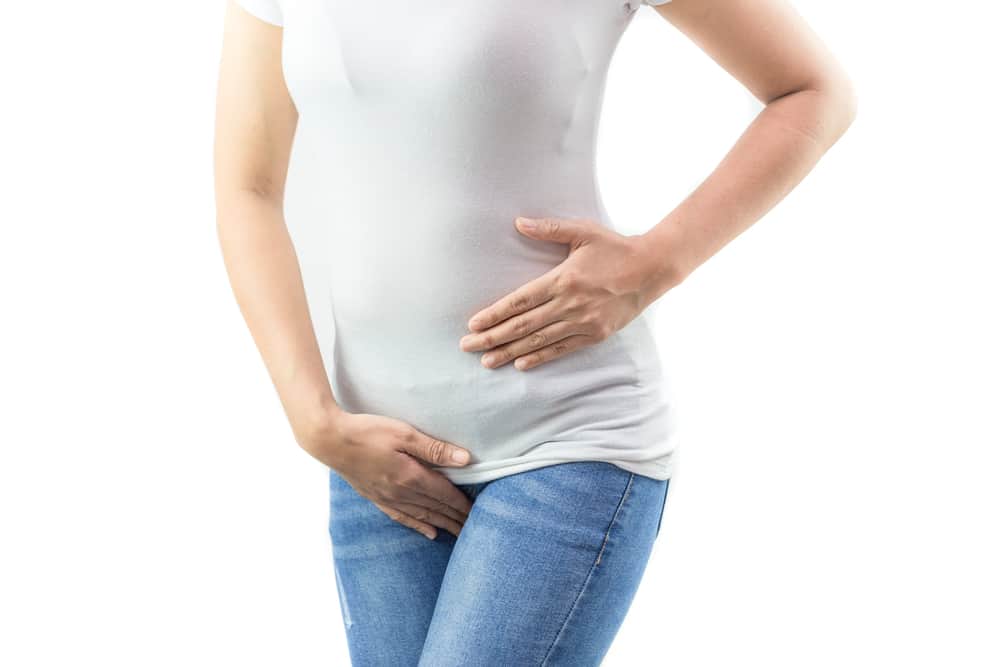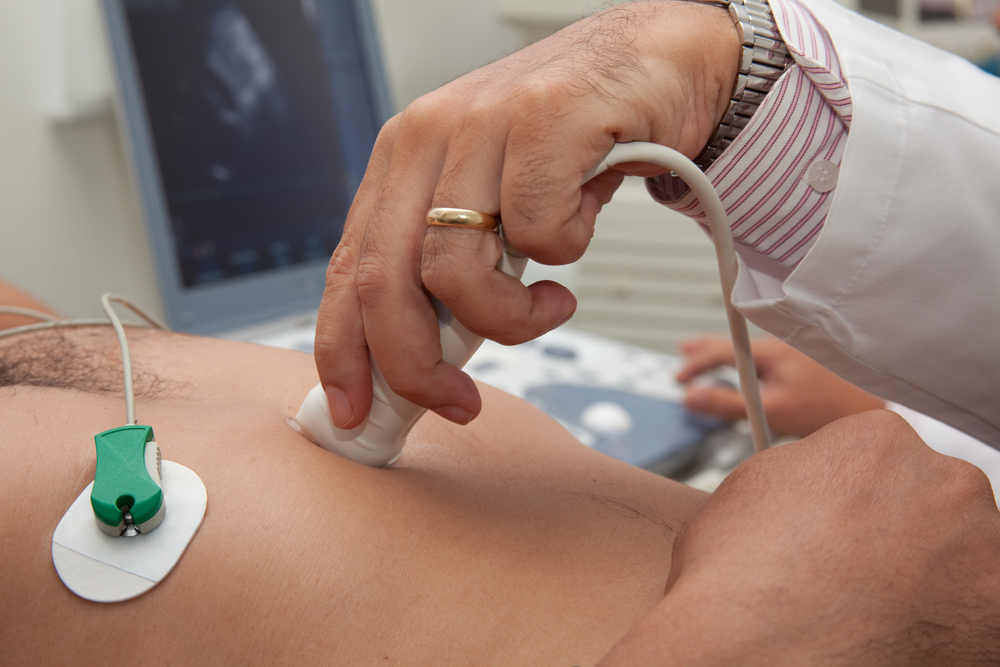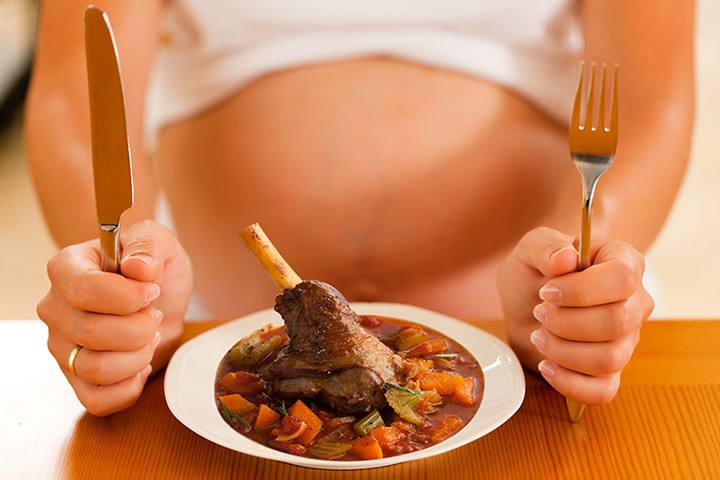Contents:
- Medical Video: Reduce the pain of vaccination in babies - Full Video
- Why do babies have to cry at birth?
- Various causes of babies not crying at birth that need to be aware of
- 1. Asphyxia
- 2. Premature birth
Babies born prematurely are one of the reasons babies don't cry at birth. The reason is that the lung organs in premature babies are not fully developed like a baby born quite a month.
This is because surfactants (lung protective substances) do not develop perfectly. As a result, premature babies tend to experience respiratory problems at birth.
3. Green amniotic fluid- 4. Mothers have diabetes
Medical Video: Reduce the pain of vaccination in babies - Full Video
Baby crying is the most eagerly awaited moment during labor. Yes, in general the baby will cry immediately after birth which indicates that the child has been born safely. In the medical world, this is a sign that the baby's lung organs are functioning properly. However, there are some babies who don't cry or cry too late at birth so they need further medical treatment. So, what causes babies not to cry at birth? Check out the full review below.
Why do babies have to cry at birth?
Normal babies will generally cry in 30 seconds until the first 1 minute of birth. Once the baby is born, he will immediately adapt to the outside world and breathe the air for the first time. Well, this process triggers the baby's response by making a crying sound.
When still in the womb, the baby gets oxygen through the placenta. This is because the lungs and other organs are still developing to the full extent until the baby is born. In addition, the baby's lungs contain amniotic fluid (amniotic fluid) which protects the baby during the womb.
Towards birth, the amniotic fluid will naturally shrink and dry slowly. This means that the amniotic fluid in a baby's lungs automatically decreases as a form of preparation for the baby to breathe with outside air.
Sometimes, the amniotic fluid is sometimes left in the baby's lungs at birth, which risks clogging the respiratory system. Well, herein lies the function of the baby crying at birth. Cries of the baby can help clear the mucus left in the lungs to facilitate the passage of oxygen.
Various causes of babies not crying at birth that need to be aware of
1. Asphyxia
The most common cause of babies not crying at birth is because there is blockage in the baby's airways. These blockages can include mucus, amniotic fluid, blood, baby stools, or tongue that is pushed to the back of the throat. This is what causes the baby to be difficult to breathe so it cannot respond by crying.
In the medical world, this condition is called asphyxia, which is when the baby lacks oxygen during labor. According to Dr. Yvonne Bohn, an obstetrician at Providence Saint John's Health Center in Santa Monica, California, this can be caused by several factors, namely:
- Baby trauma during womb
- Placental problems
- Umbilical cord prolapse
- Mothers experience preeclampsia and eclampsia
- Mothers consume certain drugs
- Shoulder dystocia or congestion when reaching the baby's shoulder
Infant asphyxia needs to be treated as soon as possible. Because if oxygen doesn't reach the baby's brain, then this will increase the risk of disability, such as cerebral palsy, autism, ADHD, seizures, and death.
The usual way for medical teams to do is to clean the entire baby's body, starting from the face, head and other body parts. In addition, the medical team patted or rubbed the baby's stomach, back and chest, or pressed the baby's feet to stimulate the baby's breathing.
If the baby does not cry, the doctor will suck fluid from the baby's mouth and nose using a small suction pipe to clean the blockage and make sure both nostrils open fully.
2. Premature birth
Babies born prematurely are one of the reasons babies don't cry at birth. The reason is that the lung organs in premature babies are not fully developed like a baby born quite a month.
This is because surfactants (lung protective substances) do not develop perfectly. As a result, premature babies tend to experience respiratory problems at birth.
3. Green amniotic fluid
Normally, the amniotic fluid is clear. The uterine fetus sometimes drinks amniotic fluid without realizing it. This is actually not dangerous if the amniotic fluid is in normal condition.
Another case when the amniotic fluid changes color to green. Amniotic fluid can turn green because of the mixture of other substances in it, one of which mixes with meconium or the baby's first faeces in the womb.
The baby's intestine can reflexively release meconium into the amniotic fluid. When the green amniotic fluid is taken by the baby, it will infect the baby's lungs and trigger inflammation. As a result, the baby has difficulty breathing and then it is difficult to cry crying at birth.
4. Mothers have diabetes
Reporting from Livestrong, mothers who have diabetes will give birth to babies with conditions of hypoglycemia or low blood sugar. One of the symptoms is irregular breathing. This means that newborns will not be smooth when breathing so that it is difficult to show a crying response at birth.
According to Elizabeth Davis, a midwife and writer Heart and Hands, women with diabetes will give birth to large-sized babies because of the influence of blood sugar levels from the mother's body.
High blood sugar levels in mothers with diabetes will make babies produce more insulin and accumulate fat in the body. This is what makes babies tend to experience difficulty breathing and ultimately causes babies not to cry or cry too late at birth.











